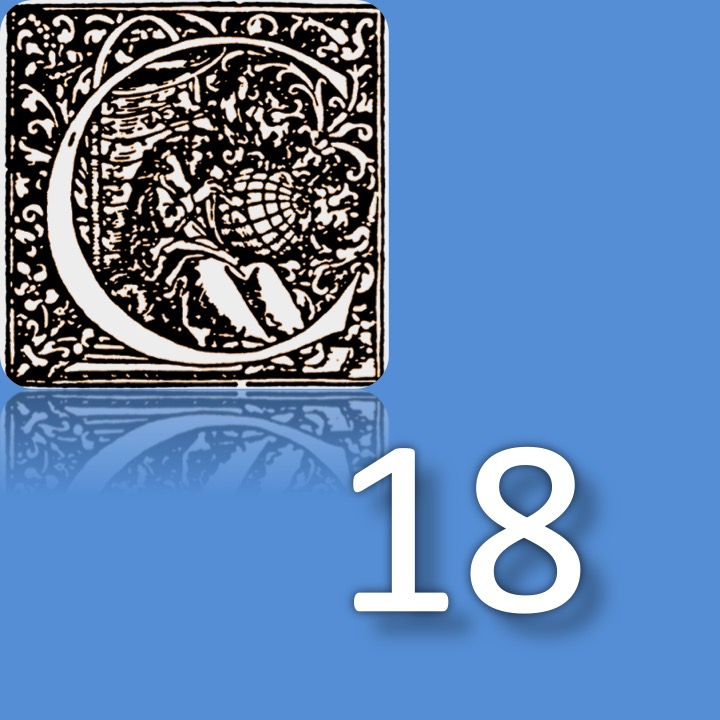Ephraim Chambers and the disciplinary emergence of a "science of man" in the 18th century
Resumo
The complex process of emergence of a 'science of man' in the eighteenth-century coexisted with a reorganization of the so-called 'trees of knowledge'. In 18th-century England, this conjuncture took shape in an unlikely, though highly relevant dictionary: Ephraim Chambers’ Cyclopaedia, or the Universal Dictionary of Arts and Sciences (1728). I will argue that Chambers' dictionary constitutes a privilege historical source for the study of the relatively slow emergence of a science that considered the human being as such, even before the publication of other encyclopaedias in the second half of the eighteenth-century. Two facts underlie our hypothesis: 1) the presence of concept "anthropology" in the first edition of 1728, understood as the science that deals with human nature and investigates the relationship between body and soul; and 2) the appearance of the heading "Man" in the supplements of 1753, which points to the overlapping of two projects of standardization of the scientific knowledge on humans.


.png)
